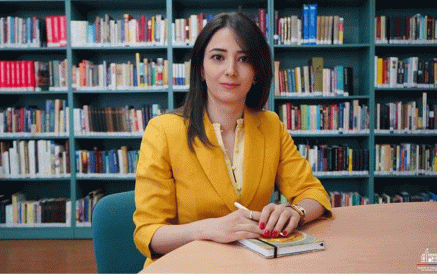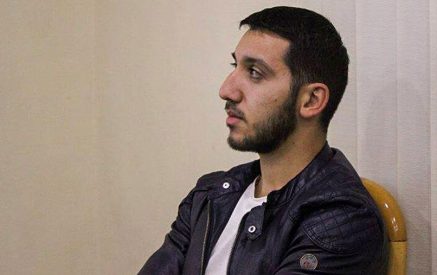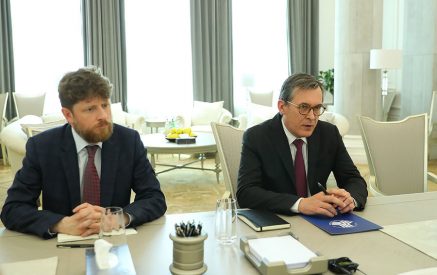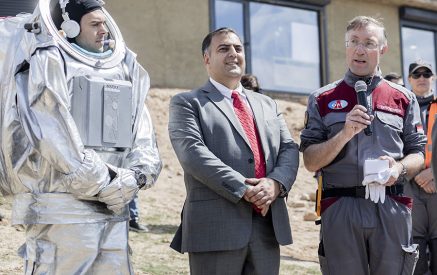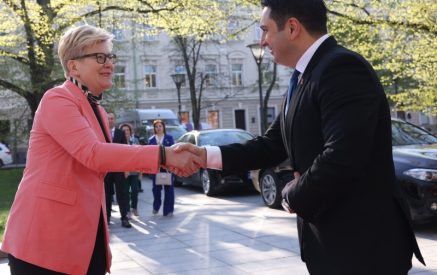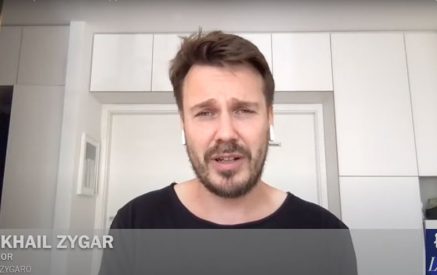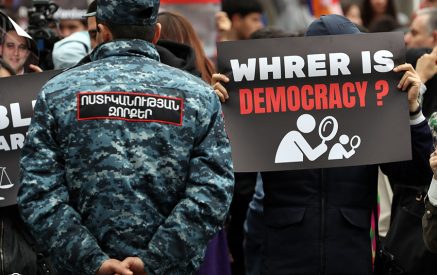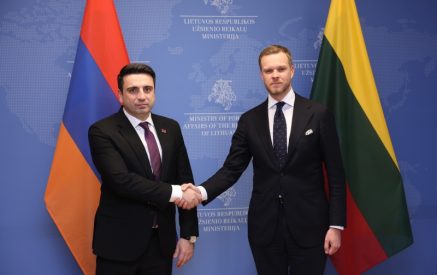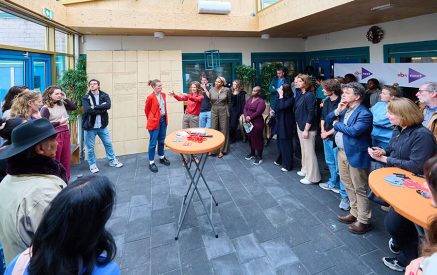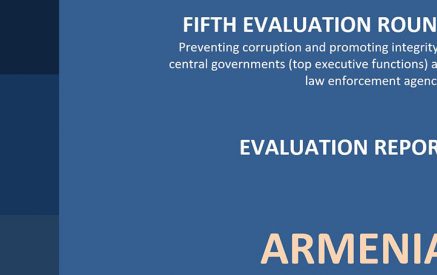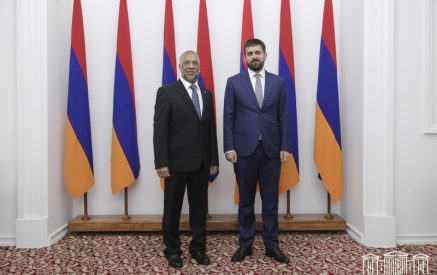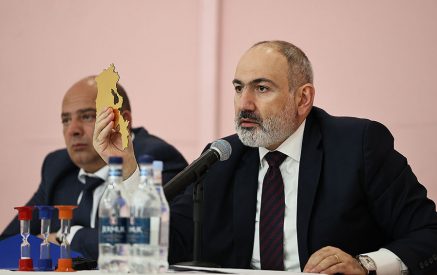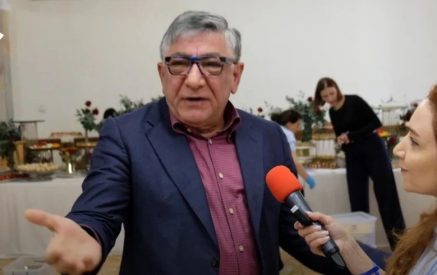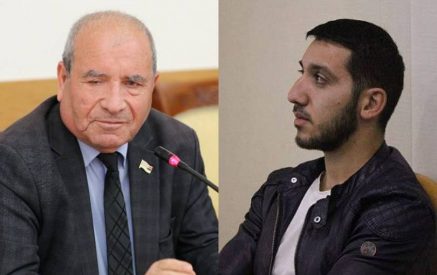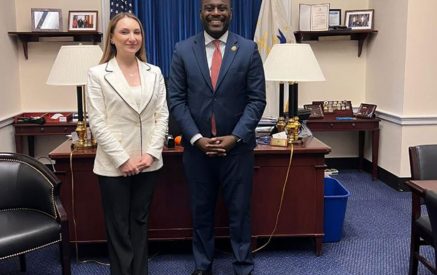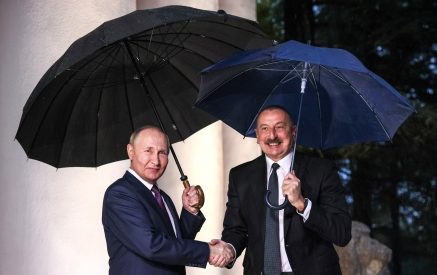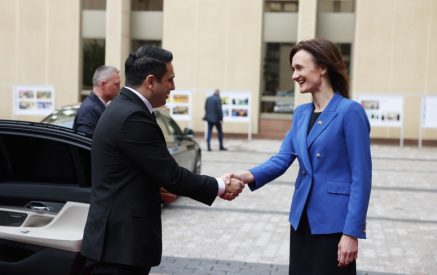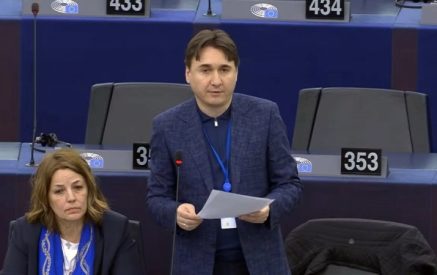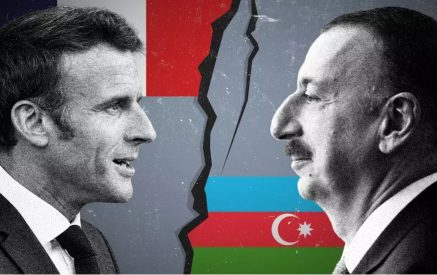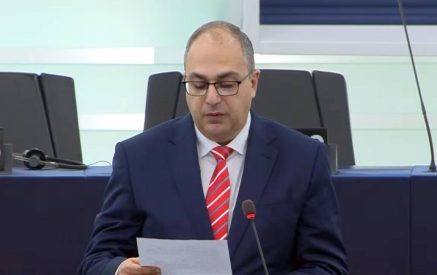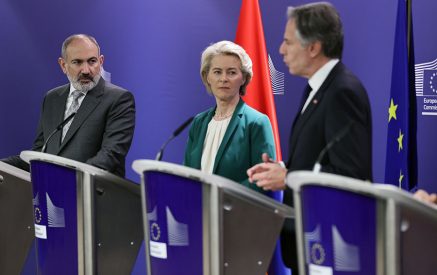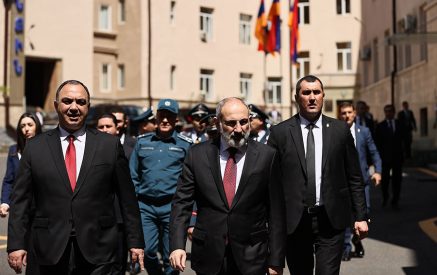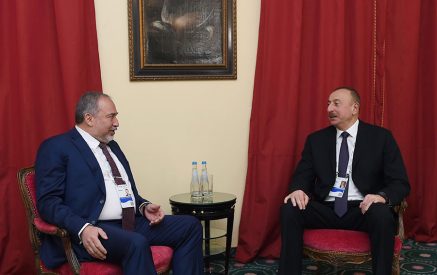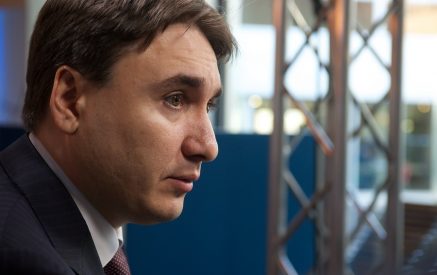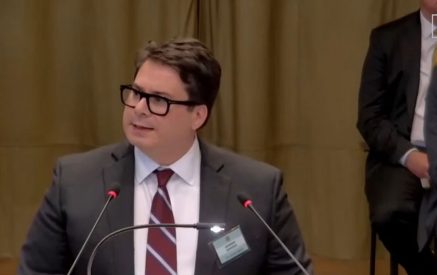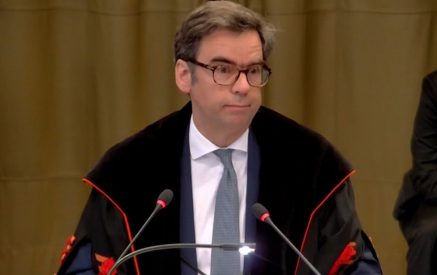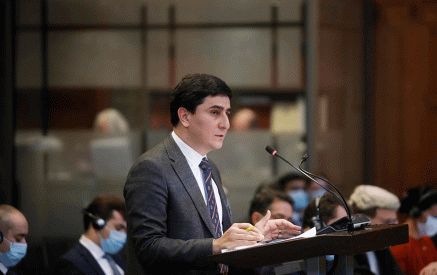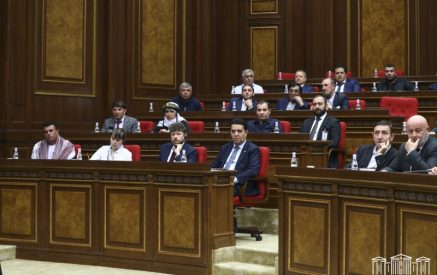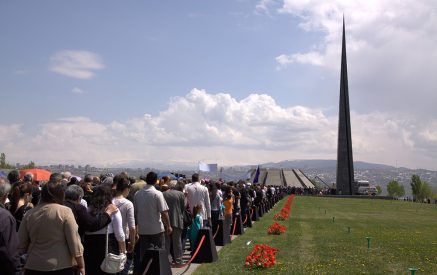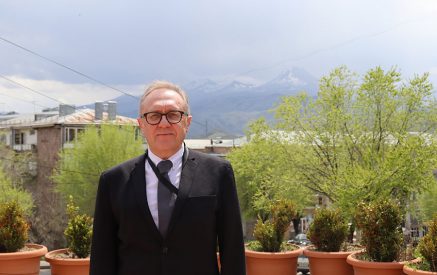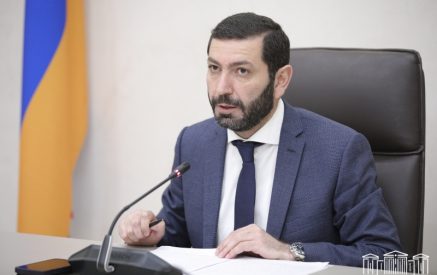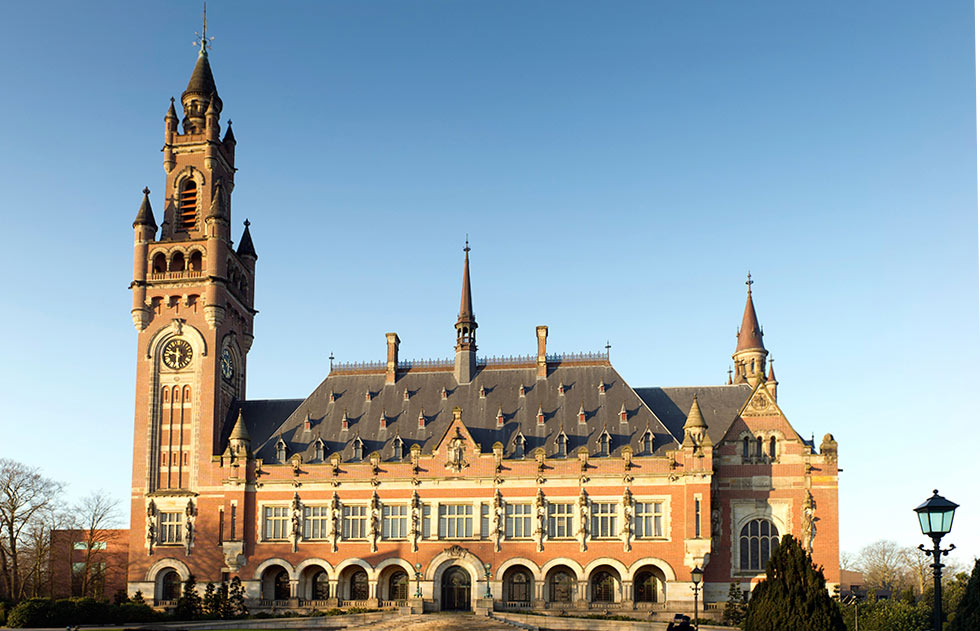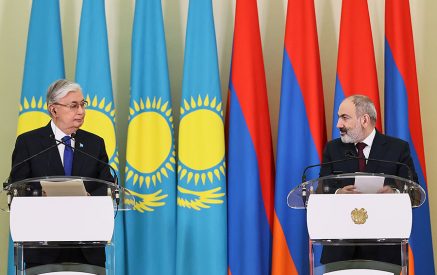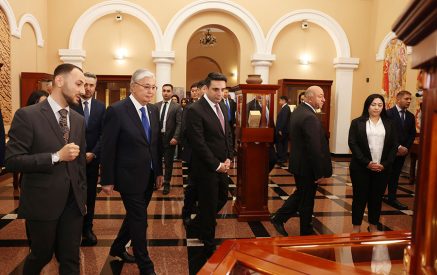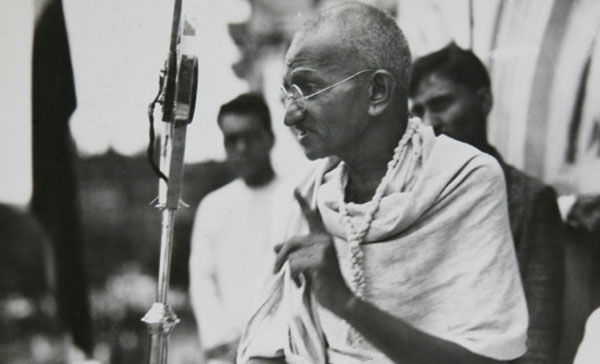This simple principle can “move the unmovable”
People who have changed the world in the 20th century: Mahatma Gandhi, Martin Luther King and Nelson Mandela have done more than all kinds of revolutionaries who have built barricades and have assaulted palaces. The first one of them, Gandhi, have elaborated the theory of non-violent methods of the fight against evil. The idea was simple: refuse cooperating with the British colonial authorities, the boycott of state institutions and foreign products, refuse paying taxes, not following more unbearable laws. The principles of this movement were: the perfect publicity, public notification about all actions, applying to strong and effective measures only when the ones weaker are proven. “The English have not taken India, Gandhi used to say, we have given it to them. They are not in India because of their strength, but because we keep them.” Therefore, to change the situation he called for changing the mentality.
Gandhi’s philosophy is the merging of national and European cultures. It is known that he had received the higher (legal) education in England, and his dream was to unite Hinduism, Buddhism and Christianity together. Alongside with all differences, these three religions with their broad thinking and tolerance are distinguished from others. Another source of Gandhi’s inspiration was the teaching of Leo Tolstoy. The theory of non-violent methods of the fight against evil, by his confession, he has greatly borrowed it from the great Russian writer.
“The Law of Love and the Law of Violence,” so is called one of the most significant non-literary works of Tolstoy written in 1908, where the 80-year-old writer summed up his thoughts on freedom, justice and the methods of establishing them. In particular, he saw what methods his country authorities are using to fight against the rebellions, finding some justification for it, what else to do with these bastards? Let them not throw bombs on us and we will not hang them out. But, according to Tolstoy, the revolutionaries are equally violent who want to destroy the landowners and the capitalists. Realizing that they are going contrary to human nature, they are afraid, lie and try to instill evil in them for not to see the truth and choke the voice of truth in them. Whereas, human salvation, by the Russian writer’s opinion, is not in the revolutions, labor unions and peace congresses. The road is too simple. Any person who is pushed to take part in the violence against his brothers or himself, realizing his spiritual “ego” should ask bewilderedly, “And why should I do it?”
Here are the sources from where Mahatma Gandhi’s philosophy is fed. Of course, he was not only thinking, but also operating. But this work had a humanitarian purpose. Many of Gandhi’s supporters saw only the good way in his non-violent methods to achieve India’s independence. But Gandhi himself, no matter how he signifies it, he was putting the fight for the Man in the first place. It is a principle moment, because if we are simply talking about the non-violent “technology” (for example, just as they are described in Gene Sharp’s works), then nothing good comes out of it.
The “technology” can lead to “victory” of this force, but this victory does not lead to peace and well-being, because some spiritual rules have not become the principles of each person and the entire public. The problem is that the fight in the world is not between good and bad people, it is the fight of good and evil in any man’s soul. “Every human, writes Gandhi, may reject the evil, and the latter will be powerless against such decision.”
Ultimately, the question is as follows: are the transformations made from the inside out, or the outside in. People like Gandhi (Tolstoy, Pascal, Erasmus) argue that only the first direction is effective. To change anything, you need to change yourself and never say that you’ve reached the perfection, and now “it is the turn for others.”
At the end, one more quote from Tolstoy: “The social conditions of life can only be improved by people exercising self-restraint. They say that one swallow does not make a spring. But whether the fact that one swallow does not make a spring, this swallow who feels the spring, should not fly. So are we. To establish the kingdom of God, we should not think whether I am the first of the 1000th swallow. Do the job of your life, fulfill the God’s will and be confident that therewith you will contribute to the improvement of the overall life in the most effective way.”
Aram ABRAHAMYAN
“Aravot” daily

